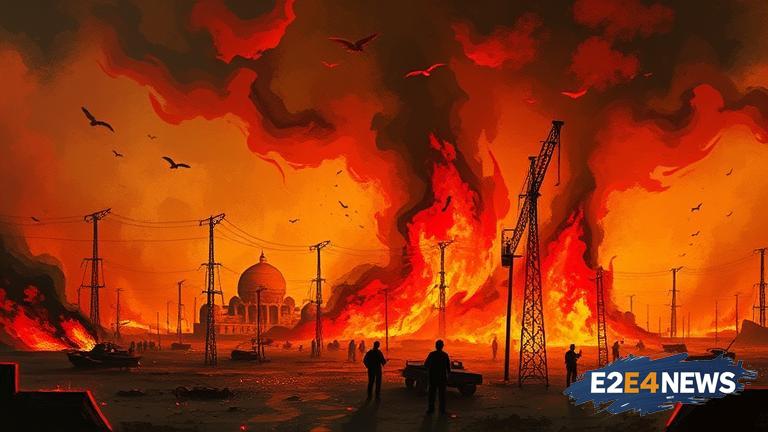The Taliban’s takeover of Afghanistan in August 2021 marked a significant turning point in the country’s history, with the group’s return to power sparking widespread concern and instability. Despite initial promises to respect human rights and allow for the free movement of people, the Taliban has failed to deliver on these commitments, instead imposing strict restrictions on women’s rights, freedom of speech, and other fundamental liberties. The international community, which had pledged to support the Afghan people, has been criticized for its slow response to the crisis, with many countries failing to provide adequate humanitarian aid or support to those fleeing the country. The consequences of this inaction have been devastating, with millions of Afghans facing food shortages, poverty, and displacement. The country’s economy, which was already fragile, has been further weakened by the Taliban’s isolationist policies and the international community’s sanctions. The humanitarian situation is dire, with many Afghans struggling to access basic necessities like food, water, and healthcare. The Taliban’s restrictions on women’s rights have been particularly egregious, with girls and women barred from attending school or participating in public life. The group’s crackdown on dissent has also been ruthless, with journalists, activists, and other critics facing arrest, torture, and even death. Despite these challenges, many Afghans remain determined to rebuild their country and create a better future for themselves and their families. However, this will require significant support and investment from the international community, as well as a commitment to holding the Taliban accountable for its actions. The United States, which played a significant role in the country’s instability, has a particular responsibility to provide support and assistance to the Afghan people. Other countries, including those in the region, must also step up their efforts to provide humanitarian aid and support to those affected by the crisis. The situation in Afghanistan is complex and multifaceted, and there are no easy solutions. However, it is clear that the international community must do more to support the Afghan people and hold the Taliban accountable for its actions. This will require a sustained commitment to providing humanitarian aid, supporting human rights and democracy, and promoting economic development and stability. The consequences of failure will be catastrophic, with the potential for further instability, violence, and human suffering. The world must act now to prevent this from happening and to support the Afghan people in their time of need. The situation is urgent, and the international community must respond with the same level of urgency and commitment. The fate of Afghanistan and its people hangs in the balance, and it is up to the international community to ensure that they receive the support and assistance they need to rebuild their country and create a better future.
